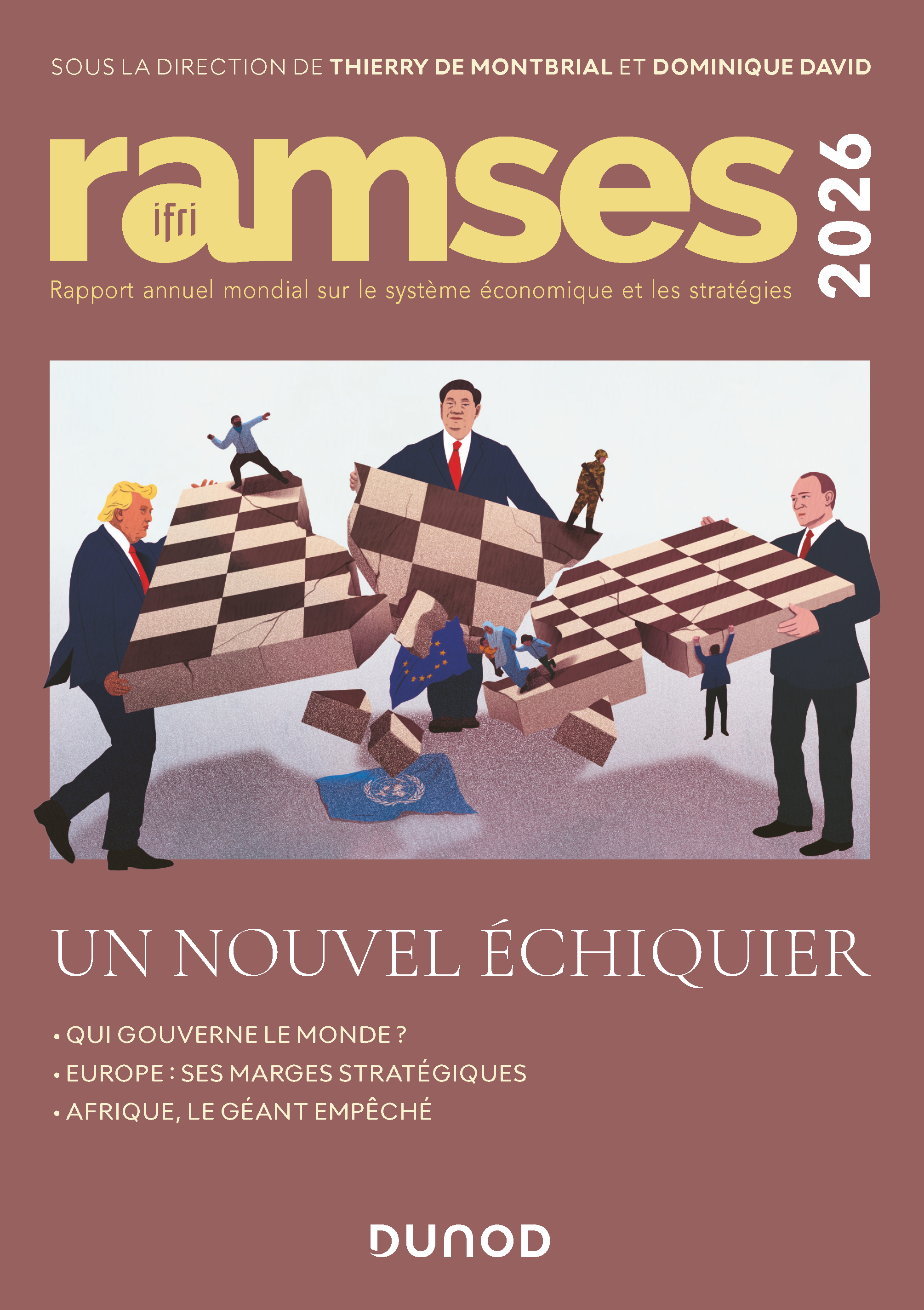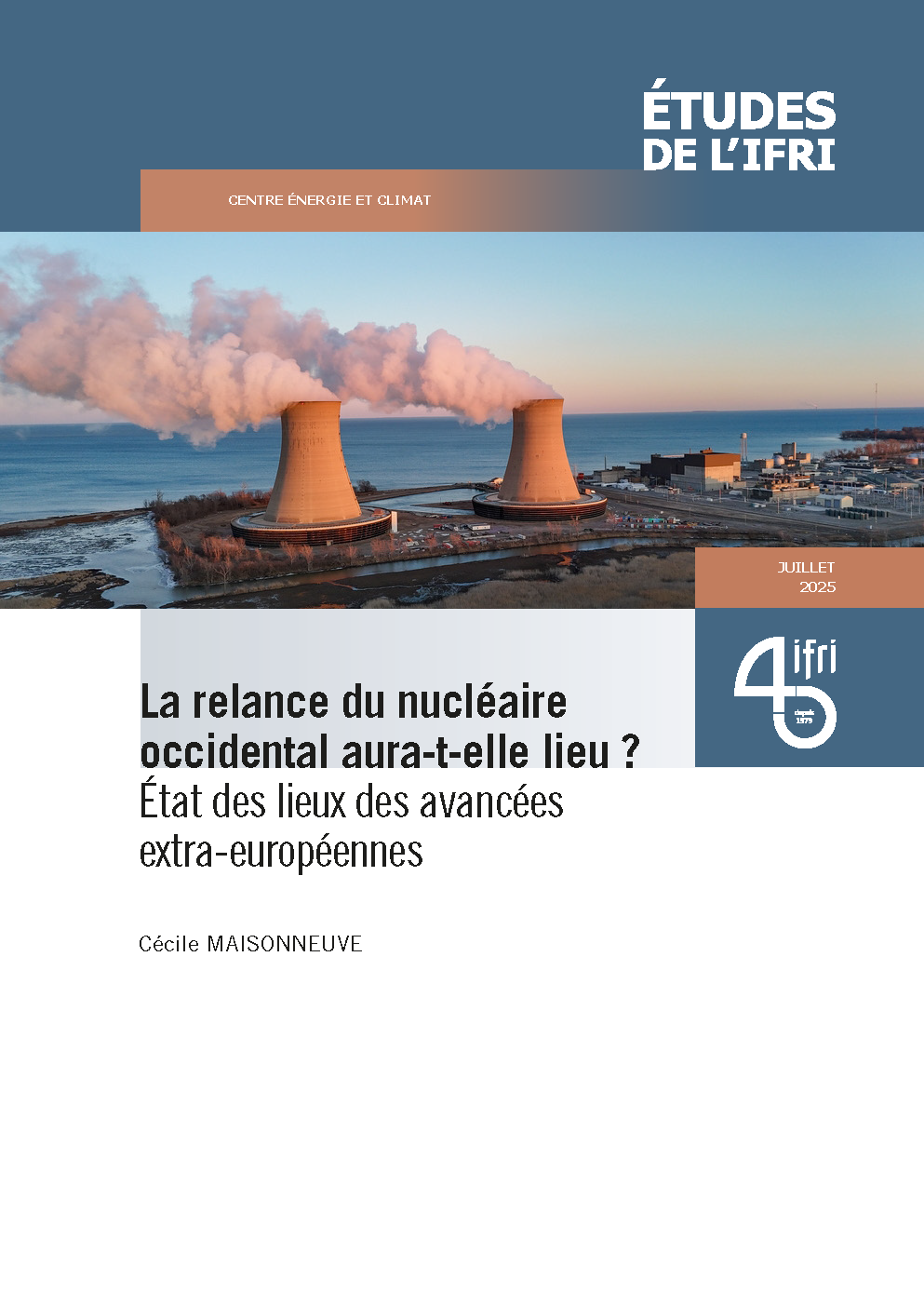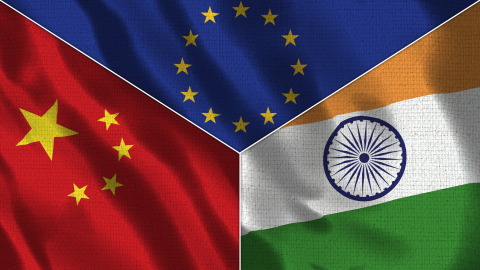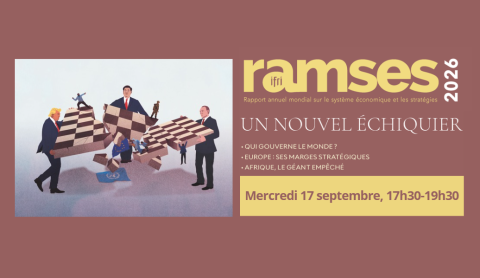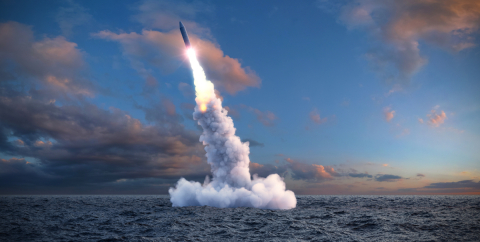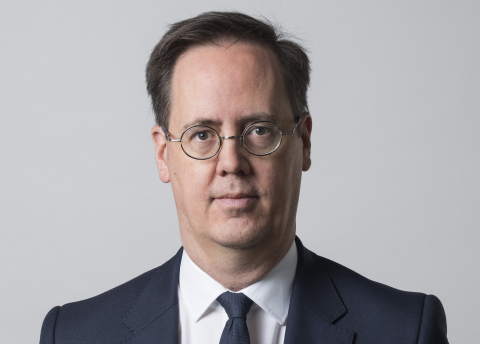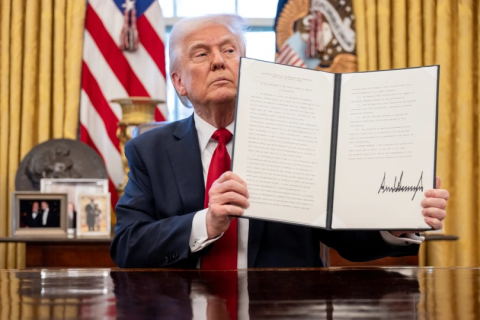
Informations pratiques
Thématiques et régions
Centres et programmes liés
Ceci est un événement réservé.
En savoir plus sur nos programmes de soutienDans le cadre de l'Ifri Energy Breakfast Roundtable, un séminaire avec Antonio Lucio-Villegas, directeur Oficina de Bruselas, Red Eléctrica de Espana, Lykke Mulvad Jeppesen, économiste, Group Support / Regulatory Affairs, Dong Energy et Richard Cooke, Sales Director Wind, Solar & Biomass Power Generation, Alstom Grid (tbc). Présidé par Maïté Jaureguy-Naudin, chercheur, coordinatrice de projet du Programme Energie, Ifri. Discutants: William C. Ramsay, directeur du Programme Energie, Ifri et Jacques Lesourne, président du comité scientifique du Programme Energie, Ifri.
In 2009, for the second year in a row, more wind energy capacity has been installed in Europe than any other electricity generating technology, with 10163 GW, i.e. 39% of total new installed capacity in 2009. Gas was next at 26% of the total.
Wind power has a clear and demonstrated role to play in significantly lowering the carbon content of electricity. But its ability to play that role is being compromised by poorly formulated support policies and programmes and opportunistic politics. The uncertainties that utilities face in incorporating increasing volumes of intermittent power threaten the overall reliability of the system because of underinvestment in production, transmission and distribution capacity. Furthermore, while more-expensive renewable electricity may be a cost European citizens are so far willing to bear, current plans are likely to sorely test their willingness.
Wind power deployment has not been driven primarily by maximizing martketable green kilowatt hours at even the national level let alone the Europe leval. This conference will provide insights into the new challenges to our grids as wind power seems to already have reached a threshold in some countries.
Sujets liés
Autres événements

De l’Alaska à Washington : la paix est-elle désormais plus proche en Ukraine ?
Un brief de 30 minutes autour de Tatiana Kastoueva-Jean, Directrice du Centre Russie de l'Ifri
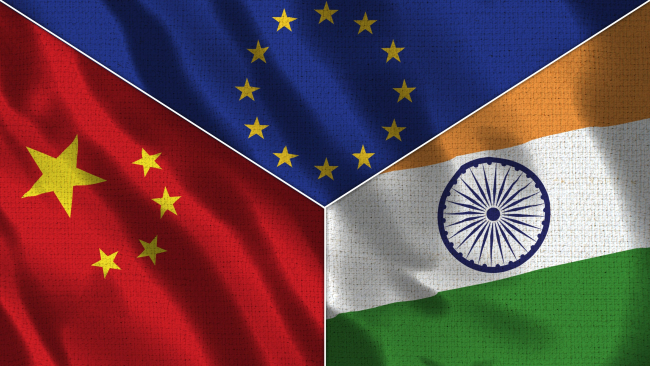
La reconfiguration du triangle Europe-Inde-Chine à l’aune de l’administration Trump 2
Un déjeuner-débat autour de Sylvia Malinbaum, chercheuse et responsable de la recherche sur l'Inde et l'Asie du Sud au Centre Asie de l'Ifri et

Un nouvel échiquier. Présentation du Ramses 2026
Un échiquier mondial haché par les vertiges de puissance. Un spectre hante le monde : la fragmentation - après des décennies chantant l'ouverture et l'unification sous le signe du progrès technique et de l'accélération des échanges. On passerait ainsi d'un espace mondialisé à un espace haché, émietté en égoïsmes nationaux, intérêts égoïstes insoucieux des autres, effaçant au passage l'espoir d'une gouvernance faisant écho aux intérêts communs d'une humanité unie.


